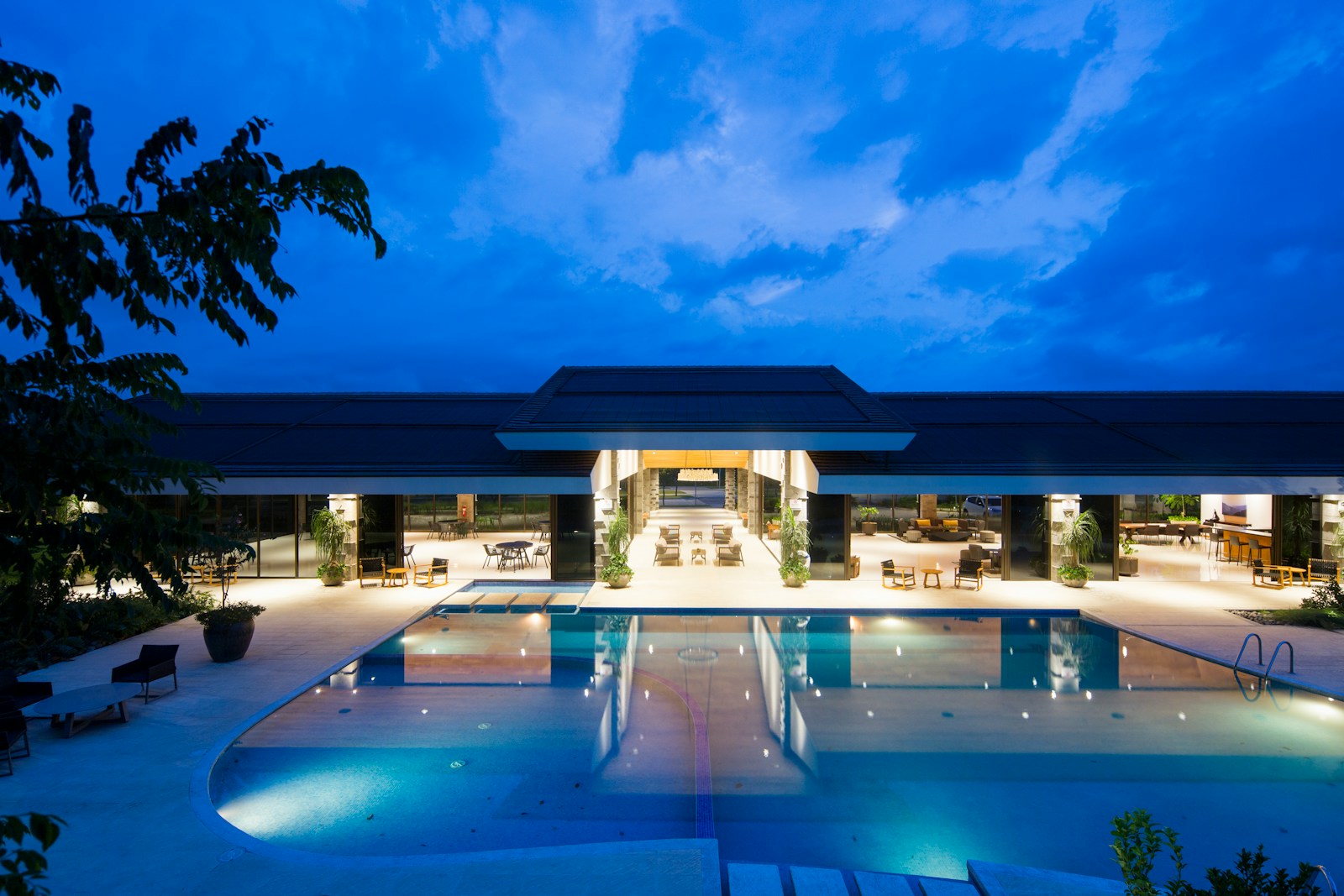The Rise of Aromatherapy in Melbourne Hotel Room Sanitization
In the bustling city of Melbourne, where tourism thrives and hospitality is a cornerstone of the local economy, the demand for exceptional guest experiences has never been higher. Hotel room sanitization is no longer just about cleanliness; it’s about creating an environment that is not only hygienic but also calming and inviting. Aromatherapy, with its ability to enhance ambiance and well-being, has emerged as a transformative element in Melbourne’s hotel industry. This article explores the significance of aromatherapy in hotel room sanitization, focusing on its benefits, implementation, and impact in the Melbourne market, where landmarks like the CBD, Southbank, and Docklands attract a constant flow of visitors.
1. Enhanced Guest Experience
One of the primary benefits of aromatherapy in hotel room sanitization is its ability to enhance guest experiences. By integrating aromatic oils into cleaning processes, hotels can create a soothing and welcoming environment that resonates with travelers. For instance, a Melbourne hotel might use lavender-scented products to promote relaxation, making guests feel at ease after a long day of exploring the city. This approach not only elevates the guest experience but also differentiates the hotel from competitors, aligning with the growing demand for personalized and luxurious accommodations.
2. Air Quality Improvement
Air quality is a critical factor in maintaining a healthy and comfortable environment. Aromatherapy, when combined with effective cleaning solutions, can significantly improve indoor air quality. Essential oils like eucalyptus and peppermint are known for their purifying properties, making them ideal for use in hotels, especially in busy areas like Melbourne’s CBD where air quality might be compromised. By addressing these concerns, hotels can ensure their spaces are not only clean but also conducive to wellness.
3. Stress Reduction and Relaxation
Melbourne’s dynamic lifestyle can be taxing, and guests often seek refuge in tranquil spaces. Aromatherapy plays a vital role in reducing stress and promoting relaxation. Hotels in Southbank, for example, might incorporate calming scents like chamomile or ylang-ylang to create a serene atmosphere. This practice not only enhances guest satisfaction but also contributes to their overall well-being, making their stay more enjoyable.
4. Non-Toxic Cleaning Solutions
In an era where eco-friendliness and health consciousness are paramount, non-toxic cleaning solutions are increasingly popular. Aromatherapy complements these efforts by offering natural and chemical-free alternatives. Melbourne hotels can leverage this trend to appeal to environmentally conscious travelers, aligning with the city’s reputation for sustainability.
5. Hygiene and Sanitization Standards
Maintaining high hygiene standards is essential in the hospitality industry. Aromatherapy can be integrated with advanced sanitization techniques to ensure rooms are not only clean but also pleasant. Hotels in Docklands, for instance, might use a blend of essential oils and antimicrobial agents to provide guests with a safe and deluxe environment, reinforcing their commitment to health and safety.
6. Aesthetic Ambiance Creation
The aesthetic appeal of a hotel room is crucial in attracting and retaining guests. Aromatherapy contributes to creating a visually and olfactory pleasing ambiance. By infusing scents that evoke, hotels can craft spaces that are both functional and aesthetically pleasing. This approach is particularly effective in Melbourne’s boutique hotels, where uniqueness and charm are highly valued.
7. Customizable Aromatherapy Options
Aromatherapy offers a high degree of customization, allowing hotels to cater to diverse guest preferences. For example, hotels in Melbourne’s CBD might offer choices between refreshing citrus scents and calming floral aromas, enhancing individual guest experiences and showcasing attention to detail.
8. Reputation Enhancement
Implementing aromatherapy in sanitization can bolster a hotel’s reputation as a leader in wellness and guest care. Hotels in prominent Melbourne neighborhoods can use this innovative approach to differentiate themselves, attracting health-conscious travelers and reinforcing their brand image.
9. Environmental Sustainability
As environmental awareness grows, hotels are sought after for their sustainable practices. Aromatherapy aligns with eco-friendly initiatives, offering a natural and biodegradable alternative to harsh chemicals. This commitment to sustainability can enhance a hotel’s appeal, particularly among younger travelers in Melbourne who prioritize eco-consciousness.
10. Cost-Effectiveness and Efficiency
Contrary to perceptions, aromatherapy can be an efficient and cost-effective addition to sanitization routines. By reducing reliance on synthetic products and promoting preventive care, hotels can lower long-term costs while maintaining high standards. This approach is beneficial for Melbourne’s competitive hospitality market, where optimizing resources is key.
Conclusion
Aromatherapy has become a pivotal component in Melbourne’s hotel room sanitization practices, offering a blend of health benefits, aesthetic appeal, and environmental consciousness. By integrating aromatherapy, hotels can enhance guest experiences, improve air quality, and foster a welcoming ambiance, aligning with the city’s vibrant and wellness-oriented culture. As Melbourne continues to grow as a tourism hub, the role of aromatherapy in elevating hotel standards is set to rise, providing travelers with memorable and transformative stays.

